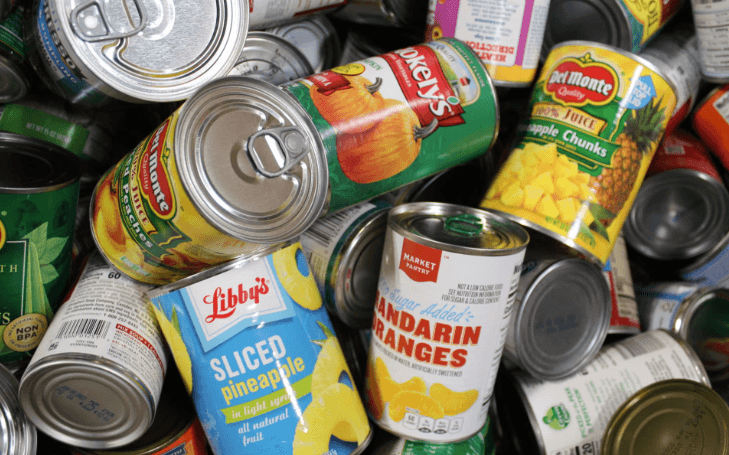
Healthy eating doesn’t have to mean expensive grocery runs or all-organic produce. In fact, some of the most affordable and nutrient dense options can be found right in the canned food aisle. When chosen wisely and rinsed properly canned foods can help you meet your nutrition goals without breaking the bank.
Canning preserves food at its peak freshness, locking in nutrients that might otherwise degrade during shipping or storage. Canned vegetables, beans, and fish are rich in essential vitamins, minerals, and protein making them comparable to their fresh or frozen counterparts.
Canned beans provide plant-based protein, fiber, and iron which are key for energy and gut health. Canned salmon, tuna, or sardines are loaded with omega 3 fatty acids, calcium (when bones are included), and vitamin D. Canned tomatoes are one of the best sources of lycopene, a powerful antioxidant linked to heart health.
The Sodium and Additive Concern The main concern with canned foods is added salt or preservatives. But here’s the Youtrition fix: simply drain and rinse beans, vegetables, or fish before using them. This can reduce sodium content by up to 40%. Look for labels that say “no salt added,” “low sodium,” or “packed in water” instead of oil or syrup.
Canned foods are perfect for quick, budget-friendly meals:
-Add canned chickpeas to salads or soups.
-Mix canned salmon with Greek yogurt, lemon, and herbs for a protein rich spread.
Use canned lentils as a base for stews, curries, or pasta dishes.
Check out our next post on our blog for Youtrition's top 10 picks that can be used in multiple meals.